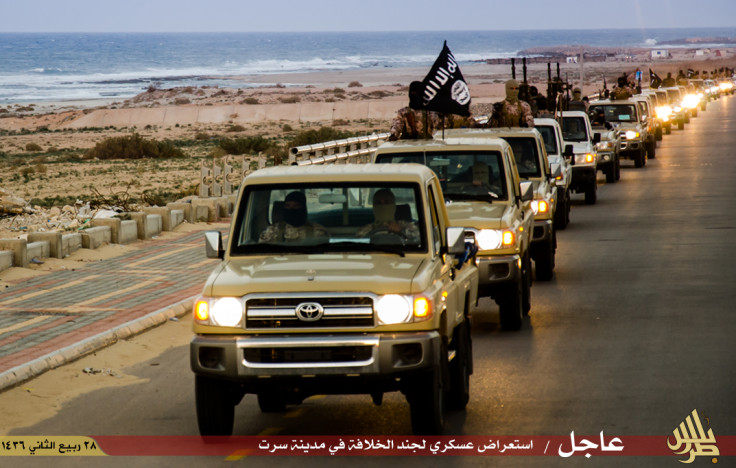Isis threat to Libya 'real and imminent' warns UN envoy

The threat to Libya from Islamic State militants is "real and imminent" said the UN special envoy to the country, who urged that a request for international assistance be taken seriously.
Special envoy Bernardino Leon told the UN Security Council that as a rebel militia alliance battled the UN backed government for control of the country, Isis would take advantage of the chaos to seize more territory and consolidate its power.
"I have no doubt that terrorists groups, such as Islamic State, will stop at nothing in their bid to play on existing political divisions...to consolidate their own presence and influence in Libya," Leon told the 15-member council on Wednesday.
Leon's warning came the day Islamist militias seized control of two oil fields in central Libya, including Mabruk, which is 310 miles (500 km) east of Tripoli and is one of Libya's biggest oil fields. No group has claimed responsibility for the attacks, reports the BBC.
Libyan officials said the militants were affiliated with Islamic State.
In February, militants claiming allegiance to Islamic State attacked Mabruk, killing 12 people.
Libya, with Egyptian support, recently asked for an arms embargo imposed by the international community after the country's 2011 revolution to be lifted, and for greater international support to battle rebel groups.
"These requests [are] related to reinforcing the abilities of the Libyan air force so that it may be able to monitor Libyan territory and borders and prevent the terrorists from breaching oil fields and oil facilities and so that it can protect the fortunes and the wealth of the country," said Libyan UN Ambassador Ibrahim Dabbashi.
Libya has sought permission from the United Nations to import 150 tanks, two dozen fighter jets, seven attack helicopters, tens of thousands of assault rifles and grenade launchers and millions of rounds of ammunition from Ukraine, Serbia and Czech Republic, reports Reuters.
Currently, the country must gain permission from a special UN embargo committee before it can import weapons.
After the fall of dictator Muammar Gaddafi, Libya became a hub for the illegal trade in weapons, with arms smuggled to conflict hotspots throughout the region, and smuggled in across unmonitored borders.
Libyan authorities have also asked for help in preventing oil and weapons being smuggled from the country by ship.
"Unless Libyan leaders act quickly and decisively, the risk of their country's national unity and territorial integrity are real and imminent," Leon said.
Isis seized control of the Libyan cities Sirte and Derna last year, after the Libyan was swept out of the capital, Tripoli, by the Libyan dawn alliance of rebel groups, which includes Islamist factions, which set up an alternative government.
© Copyright IBTimes 2025. All rights reserved.




















